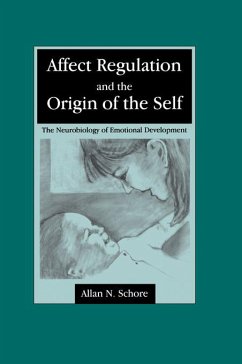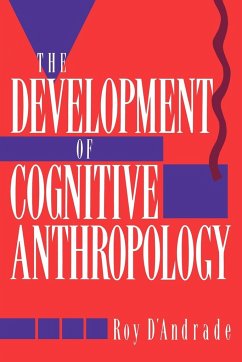
The Origin of Man and of His Superstitions
Versandkostenfrei!
Versandfertig in 1-2 Wochen
29,99 €
inkl. MwSt.
Weitere Ausgaben:

PAYBACK Punkte
15 °P sammeln!
The volume now published explains in its first part an hypothesis that the human raee has descended from some ape-like stock by a series of changes which began and, until recently, were maintained by the practice of hunting in pack for animal food, instead of being content with the fruits and other nutritious products of the tropical forest. The hypothesis occurred to me many years ago, and was first published (in brief) inT heM etaphysics of Nature (1805), Chap. XIII., and again inN atural andS ocial Morals (1909); but all it implied did not become clear until, in lecturing on Comparative Psy...
The volume now published explains in its first part an hypothesis that the human raee has descended from some ape-like stock by a series of changes which began and, until recently, were maintained by the practice of hunting in pack for animal food, instead of being content with the fruits and other nutritious products of the tropical forest. The hypothesis occurred to me many years ago, and was first published (in brief) inT heM etaphysics of Nature (1805), Chap. XIII., and again inN atural andS ocial Morals (1909); but all it implied did not become clear until, in lecturing on Comparative Psychology, there was forced upon me the necessity of effecting an intelligible transition from the animal to the human mind, and of not being satisfied to say year after year that hands and brains were plainly so useful that they must have been developed by Natural Selection. Then one day the requisite ideas came to light; and an outline of the hypothesis was read at theM eeting of theB ritish Association (S ection H) at Birmingham in 1913, and printed in Man, November 1914. The Council of the Anthropological Institute has kindly consented to my using the substance of that article in the first chapter here following. The article in Man dealt chiefly with the physical changes which our race has undergone. The correlative mental changes were explained in theB ritish Journal of Psychology in an article which supplies the basis of the second chapter of this book.













